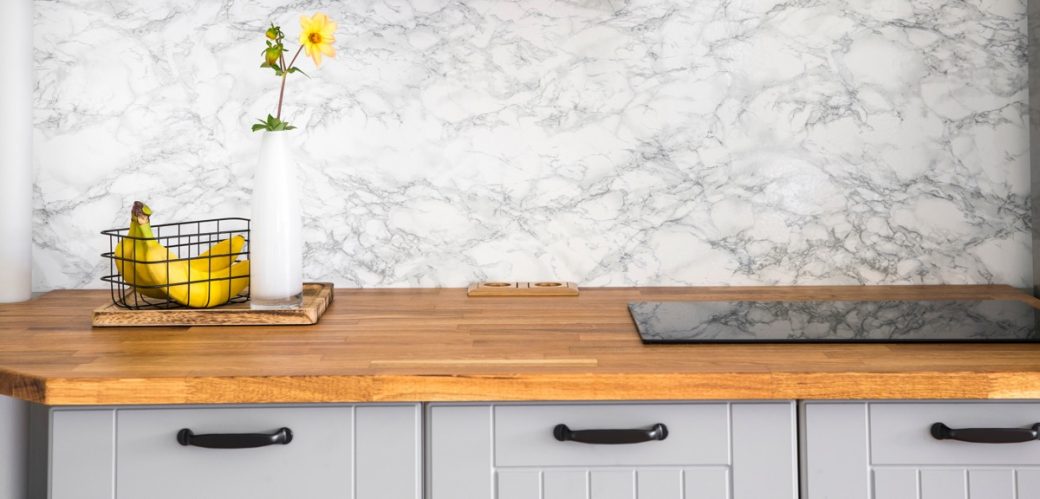Purchasing a home in Gordons Bay, with its stunning coastal views and close proximity to both the ocean and the majestic Hottentots Holland Mountains, is a thrilling prospect. However, to ensure that this investment is sound, a comprehensive home inspection is crucial. This guide highlights the significance of home inspection gordons bay, outlines what the process entails, and explains why it’s an essential step for prospective buyers.
If you need to find a home inspection service specialist, look no further than Homeimprovement4U. We have listings for all the tradesmen, home improvement and repair professionals and suppliers you need, including Building Certifiers in Gordons Bay Central.
Cost
Home inspections usually cost between $200 and $500, but the exact price depends on the size of the house, the location, and what type of home inspection you want. Adding on specialist add-ons such as a radon or termite inspection can increase the price.
Newly constructed homes may need extra attention to ensure all the materials are in good condition. Also, older homes may contain asbestos or lead paint, which require extra time and care to inspect. If you are unsure whether the home inspector will cover these issues, you can ask them to clarify their policy on this.
Typically, it is the buyer who is responsible for scheduling and paying for a home inspection. However, some sellers choose to make an inspection a contingency of their offer, which gives the buyers the opportunity to walk away from the deal if problems are discovered. This allows them to get a better deal on another property.
Coverage
A home inspection is an objective visual examination of the physical structure and systems of a house, from the roof to the foundation. The typical inspector’s report will cover the condition of the home’s heating system; central air conditioning system; interior plumbing and electrical systems; the roof; attic; and visible structure. The inspector will also note any issues that are apparent, such as a leaky roof, a crack in the foundation, or termite damage.
Inspectors should be prepared to walk on the roof and look for things like shingle damage, flashing problems, and deteriorated or missing gutters. Inside, they should check for such things as leaning walls, insufficient insulation, and faulty heating vents. They’ll also inspect kitchen appliances and bathrooms to make sure they’re functioning properly, such as checking that hood fans are vented to the outside, electric outlets are ground-fault circuit interrupter protected, and water heaters are operating safely.
If serious problems are uncovered, the buyer can ask the seller to make repairs or lower the price of the house, or can back out of the deal. For this reason, buyers should always have a home inspection contingency in their offer.
Getting Started
Whether you are selling your home or buying one, a thorough home inspection is vital. These inspections reveal maintenance issues and safety concerns that could end up costing you big bucks down the road. They also help you to understand the condition of a property so that you can make a wise investment decision.
Licensed Inspectors can also conduct Builder Warranty Inspections on new construction and newly remodeled homes. These inspections are intended to ensure that the building is safe, livable and energy efficient. They also address issues that might be overlooked by the builder or contractor during the construction process.
If you are thinking of purchasing a home, be sure to include an inspection contingency in your offer. If you do, you will have the opportunity to negotiate with the seller for repairs or a lower sales price. The home inspection will give you peace of mind about your purchase and ensure that you are making a sound financial decision.
What to Expect
A home inspector goes through a property with a fine-tooth comb. They’ll look at every area of a house and identify any issues that may be present. This includes things that are major (like a faulty foundation) and minor issues (like a crack in a wall).
As the home inspector works through a property, they’ll examine all the major systems including heating, air conditioning, plumbing and electrical. They’ll also inspect the exterior, roof and attic.
If the inspector finds something that needs further evaluation, they’ll recommend additional inspections. This can include things like a video camera line inspection for sewer lines or a radon test.
If you’re a seller, you can help prepare your property for the home inspection by addressing deferred maintenance and clearing brush away from areas where the inspector needs to access. You can also have a licensed plumber light all the pilot lights and make sure they’re working properly. You can also have the utilities turned on, as the inspector will need to test appliances like the dishwasher and the water heater.

